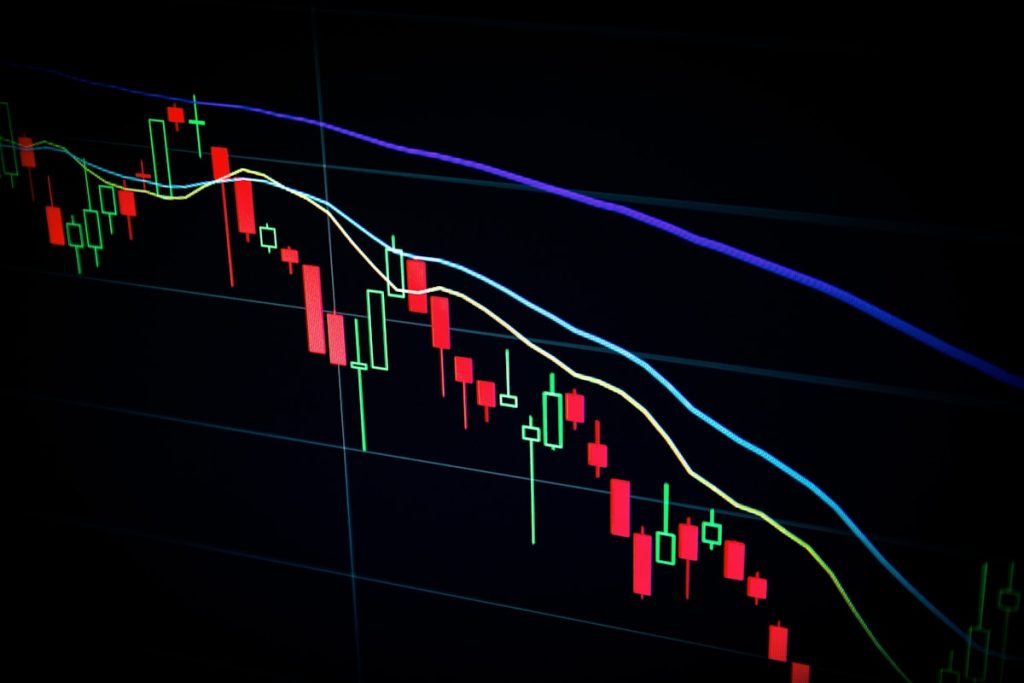Stocks Decline as Trade War Deadline Looms
Global stock markets faced significant downward pressure this week as investors grew increasingly cautious ahead of a critical deadline in ongoing trade negotiations between the U.S. and China. With the threat of escalated tariffs set to take effect on December 15, uncertainty has rattled equity markets, leading to heightened volatility and a flight to safer assets.
Trade Tensions Fuel Market Volatility
The Dow Jones Industrial Average, S&P 500, and Nasdaq Composite all posted losses this week, reflecting investor anxiety over unresolved trade disputes. Analysts warn that failure to reach a “phase one” deal before the deadline could trigger further tariffs on $160 billion worth of Chinese goods, including consumer electronics and apparel. This prospect has intensified fears of disrupted supply chains and reduced corporate earnings, particularly in the technology and manufacturing sectors.
Factors Driving the Sell-Off
- Tariff Uncertainty: Investors fear prolonged trade tensions could dampen global economic growth.
- Sector-Specific Risks: Tech stocks, heavily reliant on Chinese manufacturing, saw sharp declines.
- Currency Fluctuations: The yuan and U.S. dollar volatility added to market unease.
- Safe-Haven Demand: Gold and government bonds rallied as capital shifted away from equities.
Global Markets React
European and Asian markets mirrored the downturn, with the Euro Stoxx 50 and Hong Kong’s Hang Seng Index both dropping over 2% in mid-week trading. Emerging markets, particularly those dependent on exports to China, also faced selling pressure. Meanwhile, oil prices fell amid concerns that weaker global demand could exacerbate oversupply issues.
Investor Sentiment and Strategies
Market participants are hedging against downside risks by increasing positions in defensive stocks, such as utilities and healthcare. Short-term trading strategies, including options contracts tied to volatility indexes like the VIX, have surged in popularity. However, some analysts suggest the sell-off may be overdone, with potential for a rebound if trade talks show progress.
Economic Outlook and Potential Resolutions
Economists warn that additional tariffs could reduce U.S. GDP growth by 0.5% in 2020, according to recent estimates. Central banks, including the Federal Reserve, may face renewed pressure to cut interest rates if trade tensions persist. However, optimism remains that both nations could delay tariffs or agree to a limited deal to avoid further market destabilization.
As the deadline approaches, investors are advised to monitor developments closely, with trade policy outcomes likely to dictate near-term market direction.



